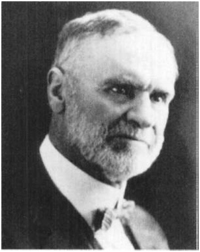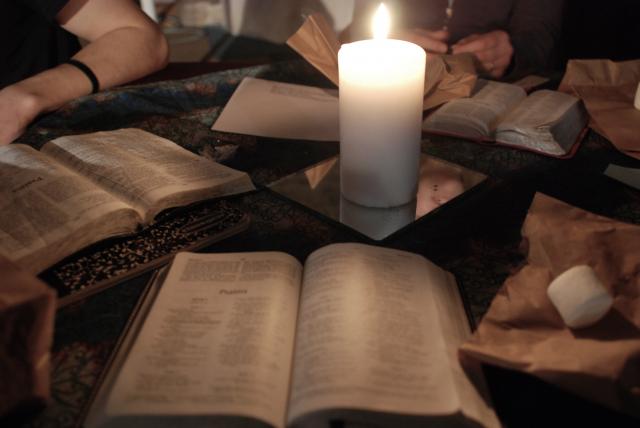The great Hungarian concert pianist Andor Földes tells the remarkable
story of the watershed moment in his rise to world renown. He was 16
years old and already a veteran of years of intense practice and
performance. The pianist Emil von Sauer, Franz Liszt's last surviving
pupil, came to Budapest and asked young Andor to play for him. Having
listened intently to him playing Bach's Toccata in C Major, von Sauer
requested another piece. Andor put all his heart and skill into playing
Beethoven's "Pathetique" sonata, then continued with Schumann's
"Papillons." Finally, after a long pause, von Sauer slowly rose, took
the young man's head into his hands, and kissed him on the forehead. "My
son," he said tenderly, "when I was your age I became a student of
Liszt. He kissed me on the forehead after my first lesson, saying, 'Take
good care of this kiss—it comes from Beethoven, who gave it to me after
hearing me play.' I have waited for years to pass on this sacred
heritage, and now I feel you deserve it." (From Andor Földes,
"Beethoven's Kiss,"
Reader's Digest, November 1986, 145.)
Andor Földes rose to the expectation. Beethoven's kiss miraculously
lifted him from the high level at which he was performing and put him on
a level of real greatness. The incomparable greatness and uniqueness of
Beethoven survives in many ways, but none more personally or more
powerfully than through the mentoring of those touched by this kiss
symbolic of his greatness and uniqueness.






